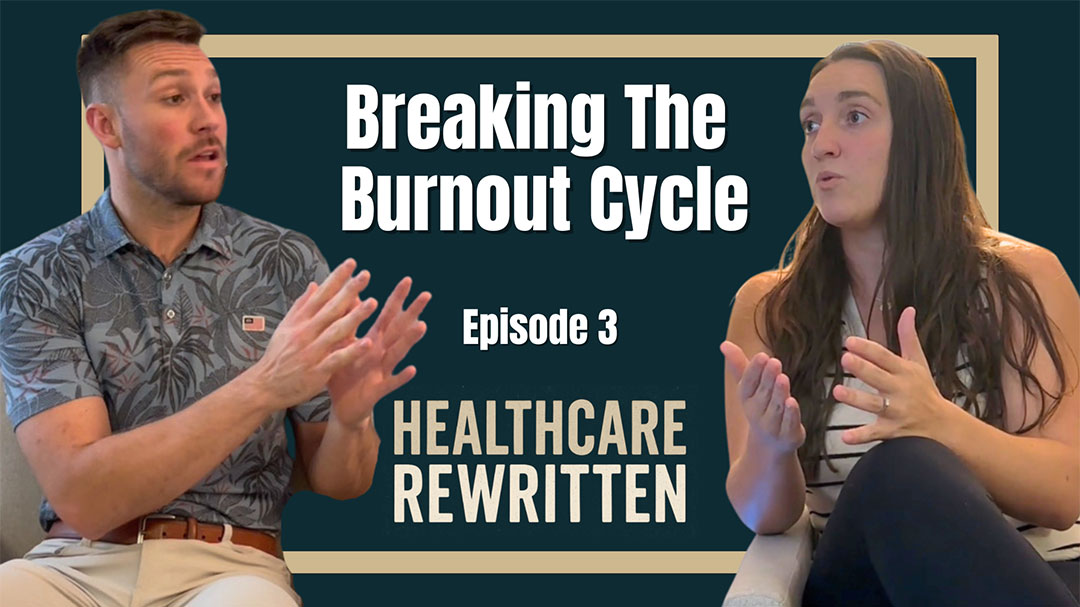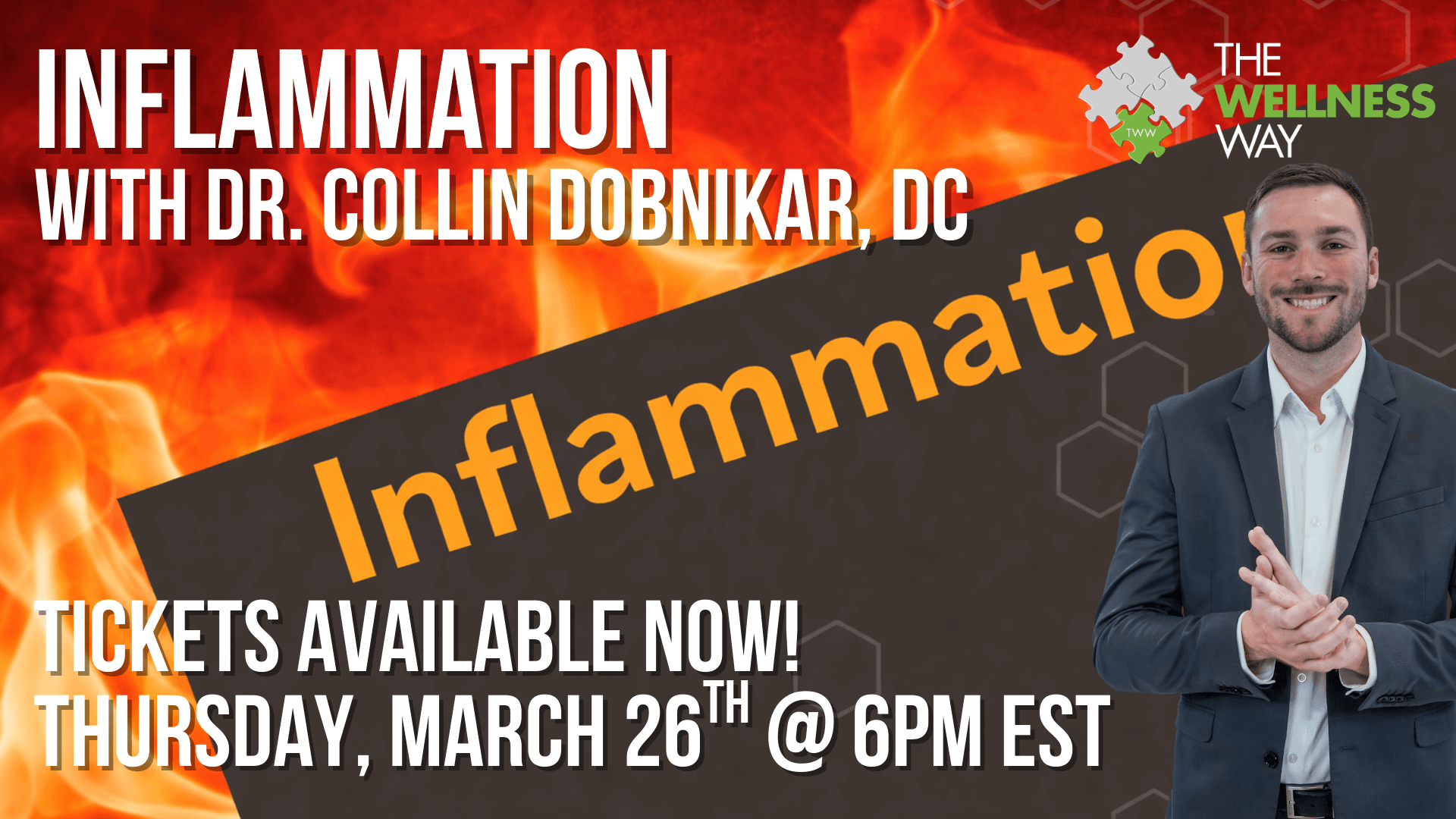When most people hear the word adrenals, they think of stress, caffeine crashes, or maybe even “adrenal fatigue.” But what’s really going on inside your body when you’re running on empty, struggling to get out of bed, or riding that rollercoaster of energy spikes and crashes?
In this post, we’re breaking down adrenal health, the myths around cortisol, and what you can actually do to restore balance.
What Does Adrenal Dysfunction Feel Like?
If your adrenals (and the HPA axis — hypothalamus, pituitary, adrenal connection) aren’t functioning properly, you’ll likely notice:
- Difficulty waking up — snoozing the alarm over and over
- Morning caffeine dependency just to “get going”
- Brain fog and afternoon crashes that make it hard to focus
- A second wind at night, leaving you restless and unable to sleep
- Night sweats, poor sleep, and constant fatigue
Some people describe it as, “Once I get going, I’m okay.” But in reality, that “push through” energy is a big red flag that your adrenals are compensating — not functioning optimally.
What Testing Reveals About Adrenal Health
When we run labs on patients with these symptoms, cortisol can show up on both ends of the spectrum:
- Too high from acute stress or recent stressors (yes, even traffic on the way to your blood draw can skew results!).
- Too low from chronic, long-term stress that has left your body depleted.
The gold standard is the DUTCH test, which looks at cortisol and its metabolites, plus other adrenal-related hormones like DHEA, epinephrine, norepinephrine, and dopamine. Blood work can be helpful too — just make sure it’s done first thing in the morning when cortisol should naturally be highest.
The Adrenals: Small Organs, Big Job
Your adrenals sit like little hats on top of your kidneys. Each gland has two parts:
- Adrenal medulla (inner): Produces adrenaline hormones like epinephrine, norepinephrine, and dopamine.
- Adrenal cortex (outer): Produces cortisol (the “stress hormone”), DHEA, testosterone, and aldosterone (important for fluid balance and blood pressure).
Far from being “evil,” cortisol is essential. It helps regulate blood sugar, immune function, inflammation, and even thyroid conversion. The problem isn’t cortisol itself — it’s when stress causes this hormone to get out of balance.
Cortisol, Belly Fat & The Thyroid Connection
Here’s why stress feels like it shows up on your waistline:
- Under chronic stress, your body stores fat around the midsection to protect vital organs like the liver, lungs, and kidneys.
- Cortisol and thyroid hormones sit on a teeter-totter. Chronic stress blocks the conversion of inactive thyroid hormone (T4) into active thyroid hormone (T3). That means metabolism, energy, and weight regulation all take a hit.
And if you’ve been prescribed thyroid medication without adrenal testing? You could actually be making adrenal problems worse.
Why “Adrenal Fatigue” Isn’t the Whole Story
You’ll hear skeptics say, “Adrenal fatigue isn’t real.” And in one sense, they’re right — it’s not an official medical diagnosis.
But here’s the truth: your adrenal function can absolutely be insufficient for the level of stress your body is under. That shows up on labs, in clinical outcomes, and in real patient stories. We prefer to call it HPA axis dysfunction — because the problem is usually in the communication between your brain and your adrenal glands.
Healing Your Adrenals: More Than Supplements
Yes, nutrients like vitamin C, B12, selenium, zinc, and CoQ10 are essential for adrenal health. Adaptogens like ashwagandha can help too (though not everyone tolerates them). But supplements aren’t the fix.
The key is identifying and addressing what’s beating up your adrenals in the first place:
- Traumas: unresolved emotional or mental stress
- Toxins: mold, heavy metals, fragrances, poor diet
- Thoughts: negative self-talk, toxic relationships, chronic worry
True adrenal healing requires digging deeper. Sometimes it even means big life changes — leaving a toxic job, saying no to draining commitments, or getting therapy or coaching support.
Practical Daily Tips for Adrenal Health
- Skip the phone scroll first thing in the morning. Don’t start your day with stress. Get outside in the sunlight instead.
- Hydrate before coffee. After 8+ hours without water, coffee is a dehydrating stressor.
- Balance blood sugar. Don’t let stress be the main driver of glucose spikes. Eat whole, nourishing foods.
- Support your nervous system. Chiropractic care, therapy, and breathwork can help your body adapt to stress.
Try an adrenal cocktail. A simple mix of orange juice (vitamin C), mineralized salt, and coconut water can replenish nutrients your adrenals rely on.
The Bottom Line
You can’t remove all stress from your life — but you can support your body’s ability to adapt. Your adrenals are designed to handle acute stress, not decades of chronic overwhelm.
If you’re struggling with fatigue, brain fog, belly fat, or sleep issues, don’t dismiss it as “just anxiety.” There’s often a deeper root cause. Functional and holistic approaches can uncover what’s really driving your symptoms and give you a plan to heal from the inside out.
Want to know where your adrenals stand? Book a call with us here or order a DUTCH test through our office to get clarity on your hormone health.
Keep learning with us on the Healthcare Rewritten Podcast!
Every Thursday, we release a brand-new episode diving deeper into holistic health, real patient stories, and practical steps you can take right away.
Listen on Spotify
Watch on YouTube
Don’t miss an episode—subscribe today and join us each week!



